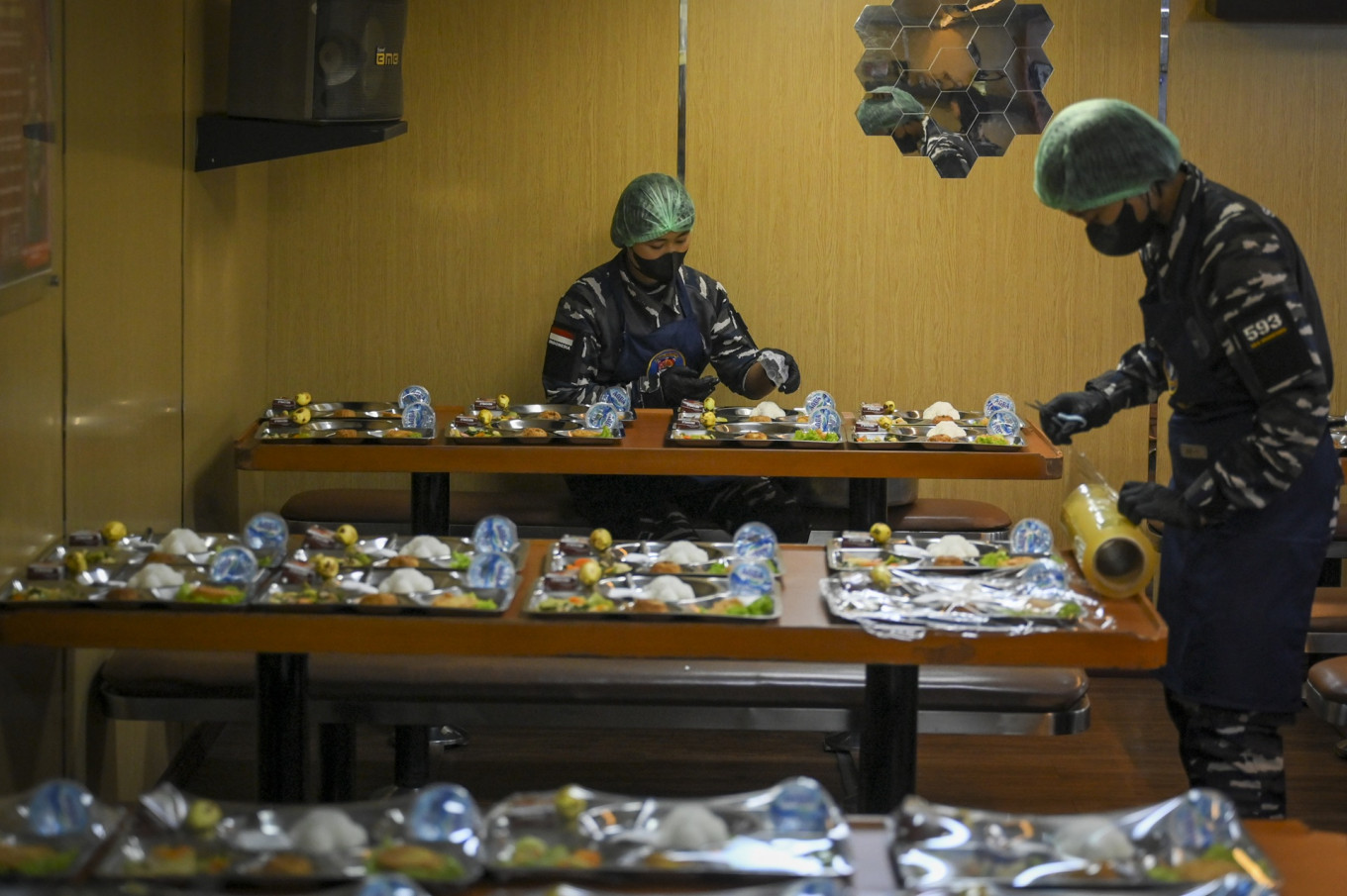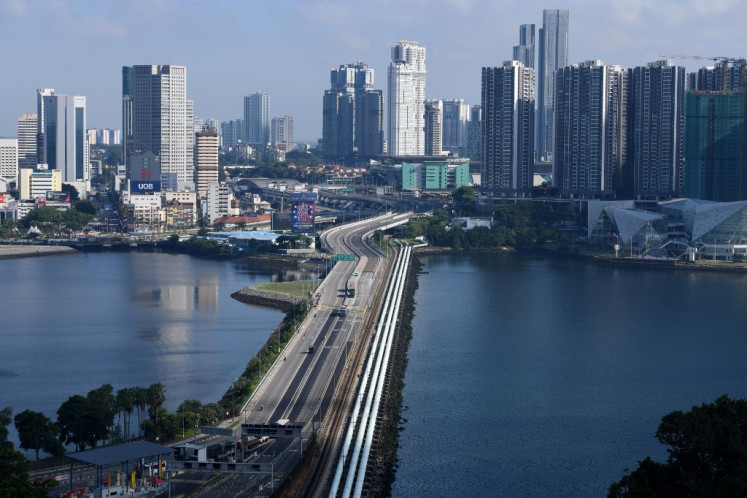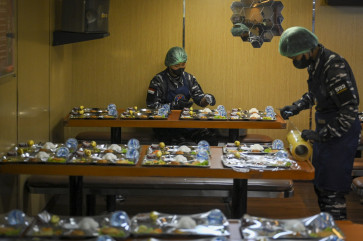Popular Reads
Top Results
Can't find what you're looking for?
View all search resultsPopular Reads
Top Results
Can't find what you're looking for?
View all search resultsFree meals and military might
The most contentious aspect of this nutritional initiative is the prominent role given to the military in its implementation.
Change text size
Gift Premium Articles
to Anyone
I
ndonesia faces a critical and multi-faceted health challenge: malnutrition. A 2024 UNICEF and Health Minister report paints a stark picture, one in 12 children under five are “wasted” (too thin for their height), and one in five are “stunted” (too short for their age).
These statistics, however, mask a deeper issue of regional inequality, with poorer provinces, especially in Eastern Indonesia, faring worse than their wealthier counterparts.
Consider this variance: in Maluku, 11.9 percent of children are stunted and/or wasted, compared to 2.8 percent in Bali. In an equally alarming but contrasting problem, significant numbers of Indonesian children also suffer from overnutrition (i.e. being overweight and obese) and micronutrient deficiency, or a lack of essential multivitamins and nutrients.
The consequences of this nutritional crisis are far-reaching, impacting not just young people’s physical and cognitive health, but also the nation’s economic future through reduced productivity and wages.
Enter Prabowo Subianto, Indonesia's newly elected president, with his nationwide free nutritious meals (MBG) program, costing Rp 71 trillion (US$4.4 billion) in the first year alone. Launched in January, it aims to provide meals to nearly 83 million people by 2029, focusing initially on school children and pregnant women. This populist policy has garnered widespread support, contributing to Prabowo's remarkably high 81 percent approval rating after his first 100 days in office.
However, the program's implementation has been far from smooth sailing. Reports of food poisoning have raised concerns about safety standards, while critics question the cultural appropriateness of meals and the program's ability to address varied nutritional needs.
Moreover, the centralized way the program is being implemented neglects the opportunity to promote the production and consumption of local food, which in turn can strengthen regional food supply chains and is essential to improving food security.



















